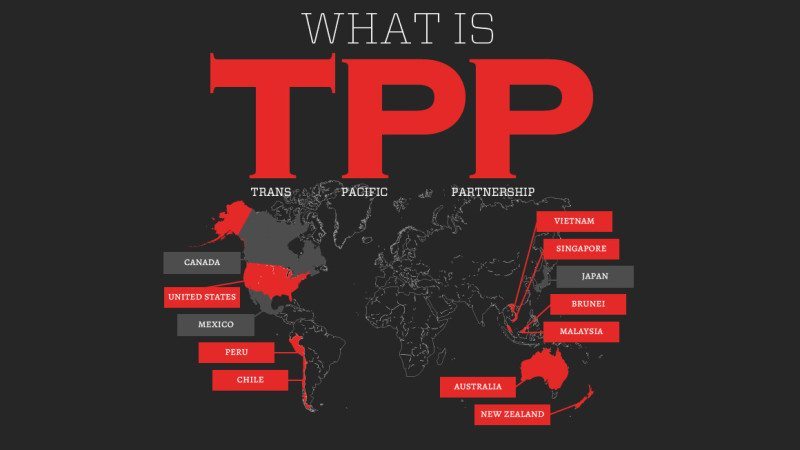TPP Could Outlaw Jailbreaking Smartphones
Ashley Allen / 9 years ago

By now, most people will have heard the many ways in which the Trans-Pacific Partnership, a trade agreement between Australia, Canada, Japan, Malaysia, Mexico, Peru, United States, Vietnam, Chile, Brunei, Singapore, and New Zealand, will restrict or prevent free expression for users of internet and related technologies, but with the full release of the proposed agreement via Medium, it seems TPP could affect the way citizens of member countries use technology in previously unforeseen ways.
Evan Greer, Campaign Director of technology advocate group Fight for the Future, has highlighted several articles within the released proposal that potentially seek to prevent users from modifying the firmware or unlocking the network carrier restrictions on a smartphone, specifically citing article 18.68, Technological Protection Measures, which protects against circumventing DRM.
“This section attempts to make it a crime to circumvent any “Digital Rights Management” (DRM) locks on a device, even if you own it,” Greer writes. “It could criminalize people who unlock their phones in order to use accessibility software, for example, or make it illegal to circumvent DRM on a computer in order to use Linux.”
“Now that we can read the final TPP text,” he adds, “it’s obvious why it was kept in total secrecy for so long: this agreement is a wishlist for powerful special interests and multinational corporations. The Intellectual Property chapter confirms our worst first about the TPP’s impact on our basic right to express ourselves and access information on the Internet. If U.S. Congress signs this agreement despite its blatant corruption, they’ll be signing a death warrant for the open Internet and putting the future of free speech in peril.”
WikiLeaks has even stirred up fears that, according to article 14.17, open source software could be outlawed.
https://twitter.com/wikileaks/status/662330352904577024/photo/1
While businesses almost uniformly benefit from TPP, it seems that the price of that is impinging on the rights and freedoms technology users and consumers.
Image courtesy of Alochonaa.



















